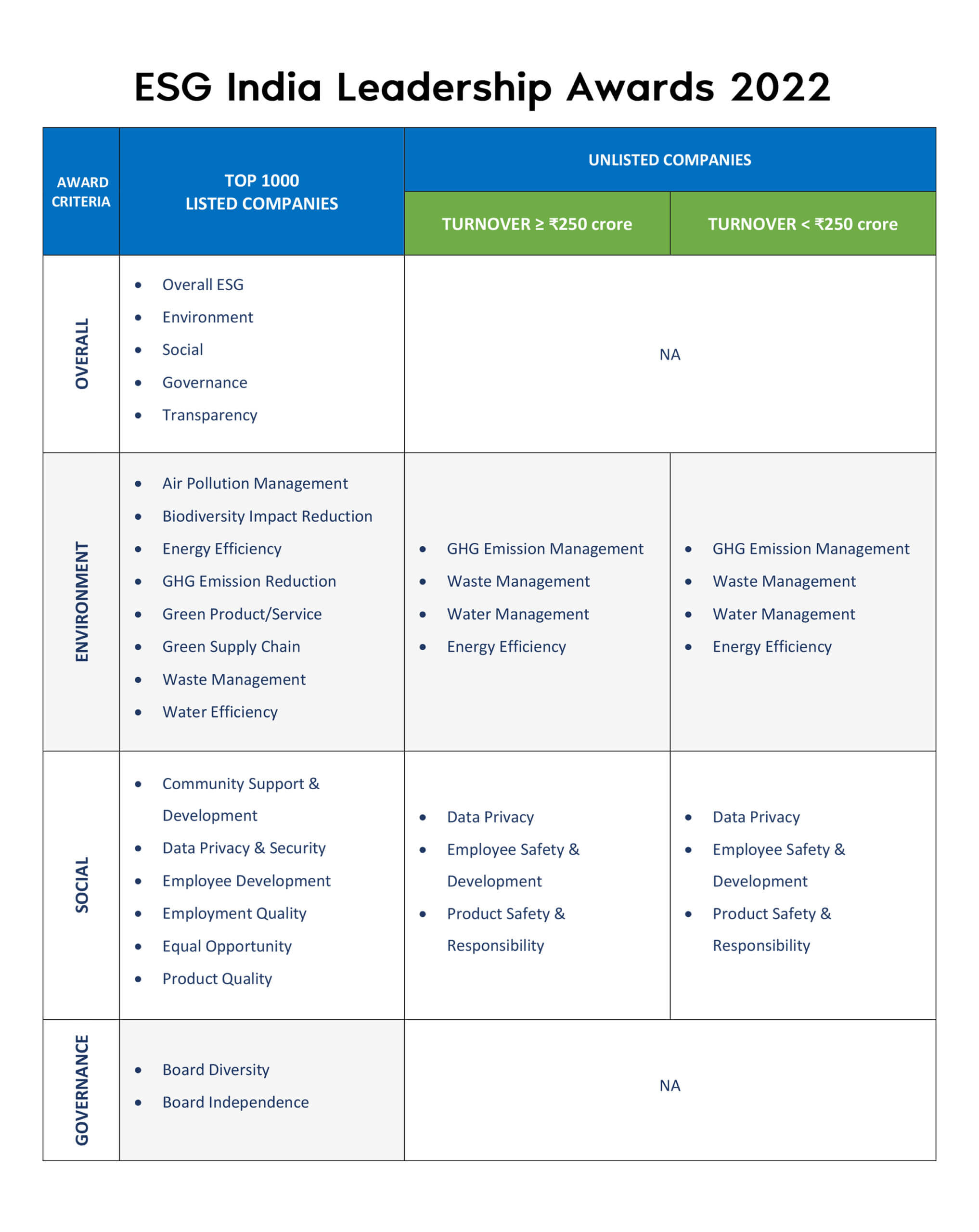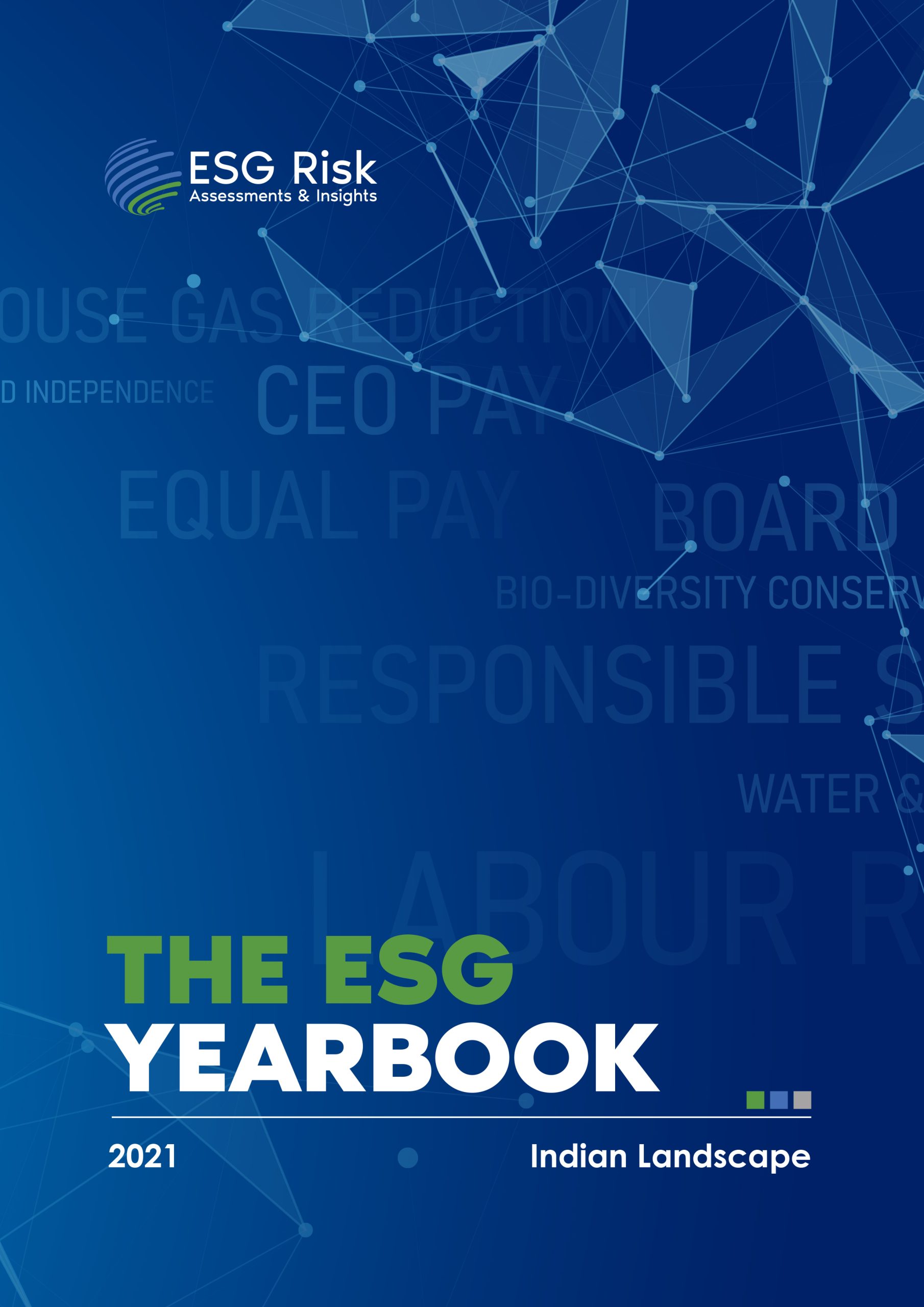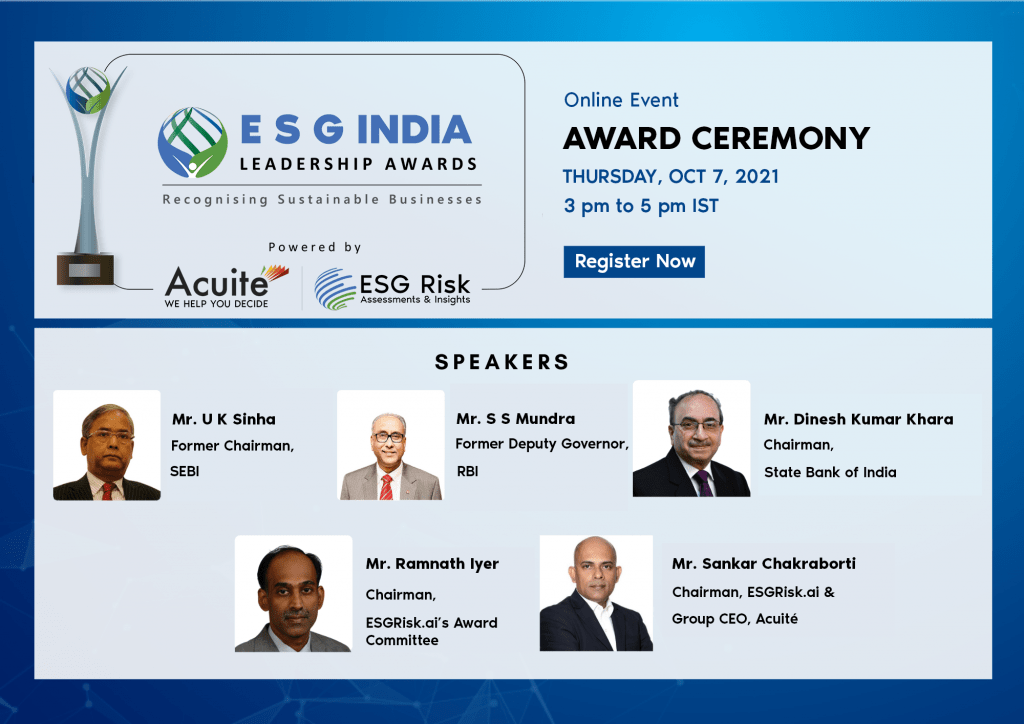EGS Training: the means to be ESG-ready
It’s an acronym that has seeped into investors’ consciousness. For stakeholders, ESG (Environmental, Social and Governance) is no longer a vague goal, but a genuine means to add value to their investment portfolios. Naturally, half-hearted involvements and casual interpretations both on the part of investors and companies could be dangerous in this vast and growing field.
Businesses serious about executing ESG in their operational value chain are thus conducting training programmes to upgrade themselves and equip their teams with adequate knowledge of ESG principles, strategies, and policies.
According to a survey conducted by the CFA Institute, while firms are increasingly investing in ESG training, only 11% of respondents consider themselves adequately informed in this field. Furthermore, a report published by the Capital monitor claims that “demand for ESG skills is outpacing supply, with 77% of financial professionals reporting sustainability skills shortage in their organisation.” These findings reinforce the relevance of conducting ESG-education programmes to be a competitive force in the industry. And with demands for jobs in the ESG sector growing over 468% in India in the last three years, employees too are keen to upgrade themselves.
Companies are now realising the importance of upskilling their staff by conducting ESG risk management courses to help them understand how businesses manage risks in shifting markets. In integrating more ESG-trained analysts into their organisations, they aspire to be ESG-ready. Institutions are considered obsolete if they don’t arm their resources with ESG skills.
Why ESG training is important for companies?
Besides creating awareness of the environmental impact of a company’s operations, an ESG training course also includes the firm’s policies on data protection, conflict of interests, and corruption.
Such training programmes – it takes an average of four to six months to complete the course – became invaluable, for they give insights into stakeholders’ ESG expectations, how businesses respond to these challenges, methodology for risk identification and ESG-optimised solutions.
The training model encompasses other areas like:

How ESGRisk.ai offers training on ESG
Despite such corporate initiatives, much work needs to be done on ESG awareness, especially aspects related to compliances in the Indian economy. Since constant growth and progress are taking place in the ESG space, companies from different industries are keen to understand how it impacts their stakeholders and material issues.
To help bridge the gap between the mere understanding of sustainability and its compliance with business operations, ESGRisk.ai has curated its own training programme.
This enables different industries, stakeholders and various other entities to understand risk exposure and risk management through ESG. The benefits of ESG can be reaped in the long run and will help in the efficient working of different business priorities and understanding industry-specific material issues.
ESG training for companies is customised for different types of stakeholders to help various levels of people understand ESG. The comprehensive programme needs 14 hours of training spread over 2-3 days and can be conducted for any level of management and employees of an office, either on an offline or online mode.
What are the modules required for ESG training?
Understanding ESG without proper guidance can be vast and daunting. ESGRisk.ai thus has customised training solutions to help companies understand ESG disclosures, assessment methodologies and answer any questions on ESG adoptions.
At ESGRisk.ai, training modules focus on:
Landmark Cases leading to focus on E, S and G aspects
How to Manage Sustainability Risks
Change in the Business Narrative
Deep Diving on Material Social Issues
Deep Diving on Material Environmental Issues
Adoption of ESG Risk Management Framework
Education is enlightenment
Having an ESG mindset is imperative when businesses aspire to make that quantum leap. ESG reputation becomes a key element for corporate strategies to attract investors. It’s essential thus that the ESG culture percolates down to all levels in the hierarchy.
ESG training thus becomes the catalyst for change. Understandably, organisations are not merely content with having an odd ESG seminar or two or a basic introduction to sustainability concepts. They’re keen to ensure that such programmes enable their teams to adapt to companies’ ESG requirements.
Through such programmes, employees learn about a company’s ESG objectives and the importance of disclosures. Even the decision-makers are better placed to assess ESG materiality across industries and identify both risks and opportunities for external and internal stakeholders. Right training, as they say, prepares you for surprises.







